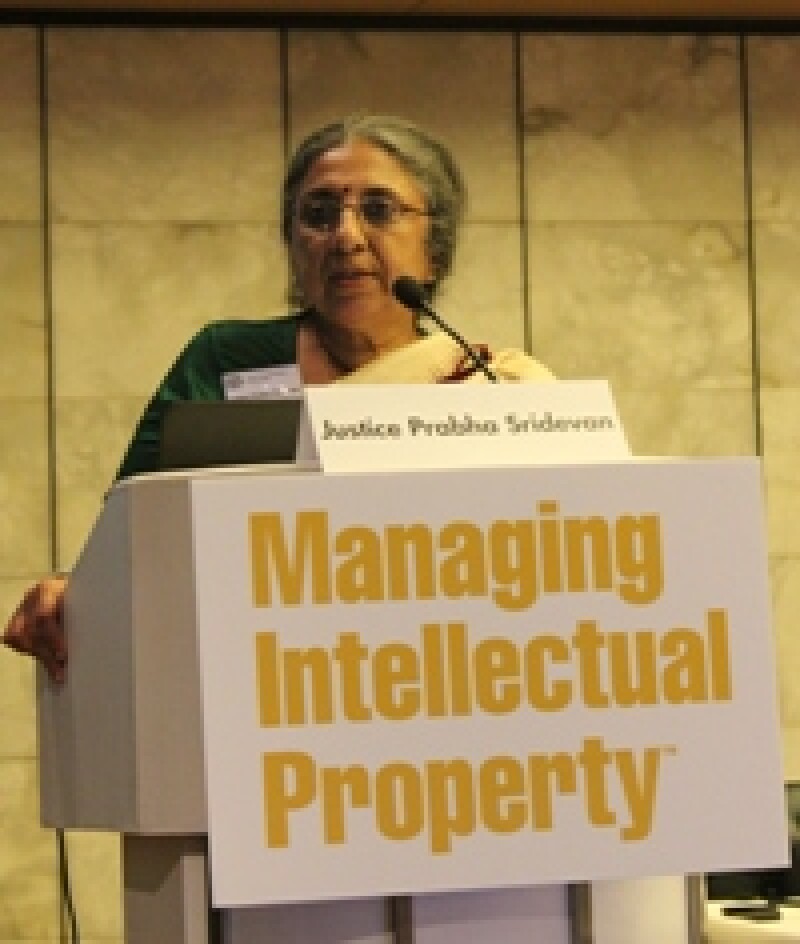India has captured headlines around the world for its controversial approach to patents, especially those relating to medicines. For rights holders and patent practitioners, the topic has immediate practical ramifications: Will my patent be subjected to a compulsory licence? What can I do to meet the various requirements that are unique to India, such as section 8 reporting requirements or the higher obviousness standard articulated by the IP Appellate Board?

|
Prabha Sridevan, former chairperson of the IPAB |
This topic will play a central role at Managing IP’s India IP & Innovation Forum on February 26 in New Delhi. Our keynote speaker will be Prabha Sridevan, former chairperson of the IPAB, which is arguably the most important, and certainly the most active, body deciding intellectual property disputes in India. During her tenure at the IPAB, she played a leading role in these discussions. Not only did she affirm the compulsory licence granted for Bayer’s Nexavar cancer drug, but she also handed down important guidance on a wide range of topics, from the issue of standing for challenging a patent to the duties of the patent office in evaluating section 8 challenges.
Chairperson Sridevan will be joining us at the Forum to discuss these issues and how these topics affect not only practitioners but also civil society and its stake in the system. Speakers from a wide range of perspectives will offer their views, including representatives from the India Patent Office, Novartis and the Organisation of Pharmaceutical Producers of India.
Of course, India has a lot more going on than just pharmaceutical patents. Practitioners, academics and in-house counsel will also be providing updates and insights into a wide range of topics that rights holders have to be aware of. Speakers from the patent agents association and Samsung as well as well-respected practitioners will discuss the role of utility model patents in India, and how companies can best take advantage of the so-called baby patent. Another panel of practitioners, academics and in-house counsel will discuss licensing issues and how to take advantage of open innovation to promote innovation.
These are just some of the topics we will be covering at the India IP & Innovation Forum. The event will be free for in-house counsel and academics, and we hope you can join and share with us your views on what IP practitioners need to be aware of in India.
Click here to register for the India IP & Innovation Forum.









